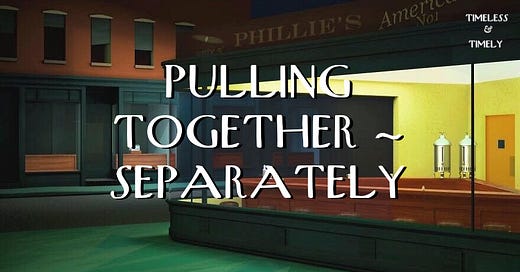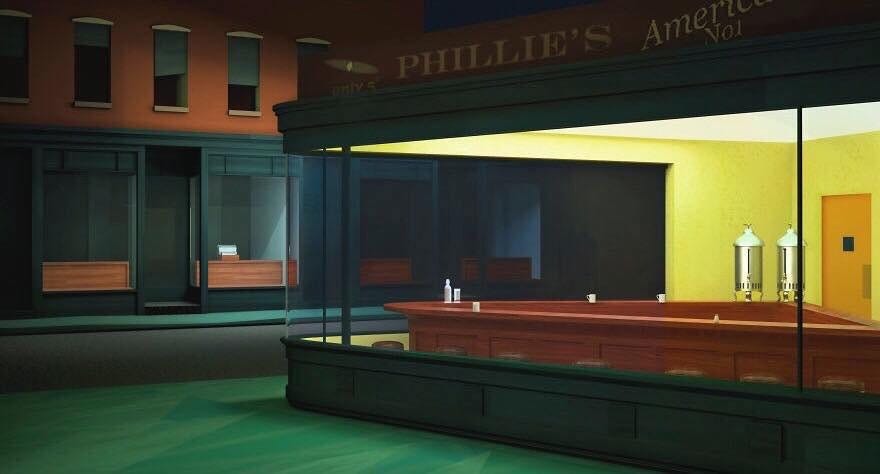“Ah Bartleby! Ah humanity!” — Herman Melville, 1856
With those words ends the short story “Bartleby, the Scrivener: A Story of Wall Street.”
The story was a tale of a clerk/copyist in a law firm who eagerly took a job, but eventually refused to do the work that his employer demanded of him, responding always with “I would prefer not to.”
The lawyer eventually moved out, but Bartleby remained and new tenants found him there, always preferring not to do what they asked him to do. He ended his days in prison, dying of starvation because he preferred not to eat.
Themes of isolation and depression recur throughout Melville’s story, and they reflect a life and a workplace that was becoming more common in the mid-1800s.
And we’re seeing them play out again in the present day.
Keep reading with a 7-day free trial
Subscribe to Timeless & Timely to keep reading this post and get 7 days of free access to the full post archives.





